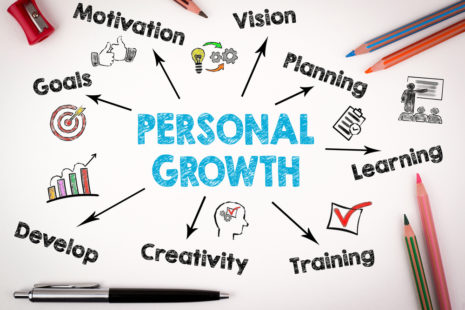A highly effective skill for calming the amygdala is deep breathing exercises. Deep breathing, especially diaphragmatic breathing, directly impacts the autonomic nervous system, promoting relaxation and reducing the stress response that activates the amygdala.
How Deep Breathing Works…
When you’re stressed or anxious, your body goes into a “fight or flight” mode, which is regulated by the sympathetic nervous system. This response increases your heart rate, blood pressure, and breathing rate. Deep breathing exercises activate the parasympathetic nervous system, often referred to as the “rest and digest” system, which helps counteract stress by slowing down the heart rate, lowering blood pressure, and promoting a state of calm.
Practicing Deep Breathing:
- Find a Comfortable Position – Sit or lie down in a comfortable position, placing one hand on your belly and the other on your chest.
- Inhale Slowly Through Your Nose – Breathe in slowly through your nose, aiming to fill your lungs while your belly rises more than your chest.
- Hold the Breath – Hold the breath for a moment.
- Exhale Slowly – Exhale slowly through your mouth or nose, whichever feels more comfortable, allowing your belly to fall.
- Repeat – Continue this pattern of breathing for several minutes, focusing on the rise and fall of your belly.
Why It Helps:
- Physiological Impact – Deep breathing helps reduce the physiological markers of stress, including cortisol levels and heart rate, directly impacting the amygdala’s activity.
- Focus Shift – Concentrating on your breathing can shift your focus away from stressors or anxiety-inducing thoughts, providing a mental break and reducing amygdala activation.
- Increased Oxygen Exchange – Deep breathing increases oxygen exchange, which can help improve energy levels and further promote relaxation.
Incorporating deep breathing exercises into your daily routine, or using them when you feel particularly stressed or anxious, can be a powerful tool for managing emotions and calming the amygdala. This practice not only benefits emotional regulation but also contributes to overall physical health.






